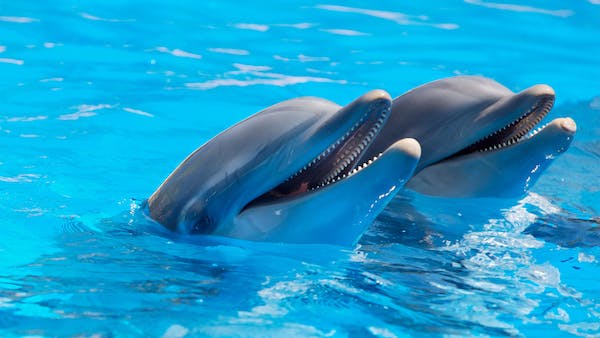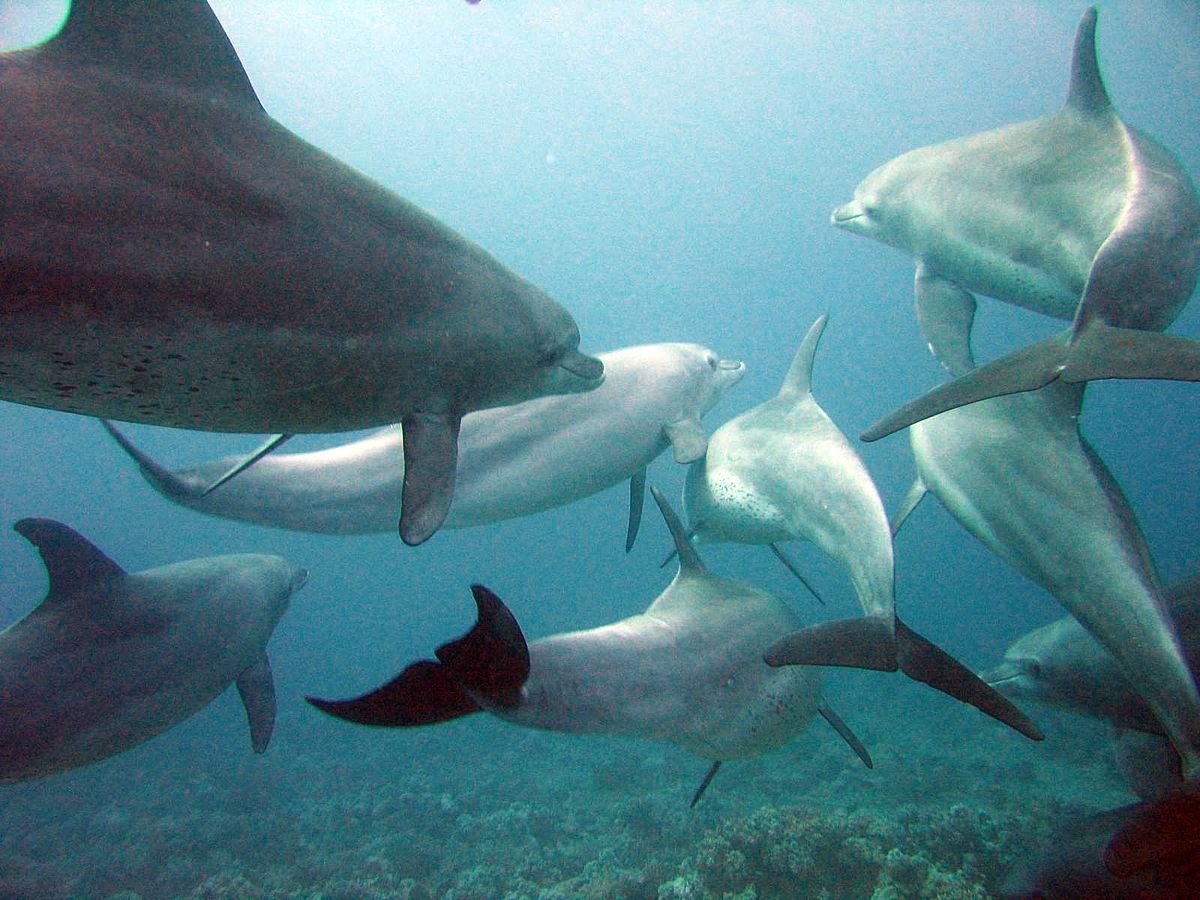Ever found yourself questioning, ‘Are dolphins mammals?’ Well, you are definitely not alone! This is one of the most frequently asked questions about these mystical creatures. Commonly, people presume they are fish attributable to their watery habitat. However, the truth is, these fascinating sea beings have more in common with humans than fish! Intrigued? Let’s delve deeper into the mammalian characteristics of dolphins.
The Intricacies of Mammalian Attributes

Generally, a mammal is characterized by certain features like a healthy warm-blooded nature, possession of hair or fur, the capacity to produce milk for offspring, and living birth. Equipped with all these traits, can we consider dolphins as mammals? Absolutely, yes! It’s the presence of these core attributes which qualifies dolphins as members of the mammal family.
Physical Traits that Define Dolphins
Dolphins flaunt a pair of flippers, constituting the mandatory front limbs needed to uphold their mammal status. They might not possess four limbs like most mammals, but they’re adorned with a dorsal fin and tail flukes—mimicking paddles that maintain balance during navigation.
Interestingly, while you may not see visible hair on dolphins, hair follicles do exist. These are presumed to carry some sensory function. Their warm-blooded nature, paired with lungs for inhalation, necessitates their need to surface for fresh air intake via a blowhole. Yet another proof that these are classic mammalian traits!
A Dive Into Dolphin Nursing Behavior

Mammals are known for their distinctive nurturing methods, and dolphins ace this as well. The gestation period for a dolphin calf is nearly a year, sometimes even longer for some species. Remarkably, labor is relatively brief— just about 35 minutes.
- Post-birth, an urgent surfacing is required for the newborn’s maiden breath of fresh air.
- Just how other mammals nurse their young, dolphin mothers feed their calves with milk streamed directly into their mouths—no suckling necessary!
- Newborns break from nursing every few seconds to take gulps of air by surfacing—yet another distinguishing mammal behavior!
Exuberant Dolphins: More Than Just Mammals

With the query ‘Are Dolphins Mammals?’ effectively addressed, let’s dive into understanding what sets these endearing creatures apart, even from other mammals. Enlisted amongst the most intelligent fauna on Earth, dolphins are sociable creatures, forming large super-pods sometimes comprising over a thousand individuals. They are known for their valiant camaraderie, assisting their injured and ailing peers, often keeping them afloat for breathing.
Playfulness & Interactive Abilities
Dolphins are decidedly playful aquatic beings, engaging in faux fights, enmeshing themselves in seaweed, and whimsically hassling other ocean dwellers. Frequently seen interacting with swimmers or playfully breaching in boat wakes, their friendly disposition is truly captivating.
Conservation Through Awareness
Regrettably, Homo sapiens pose the most significant threat to these ingenious mammals. Aware and responsible behavior from us can help preserve these beings. Remind yourself to only buy dolphin-safe fish products and abstain from littering any garbage—especially plastic—into the ocean. Every little effort counts!